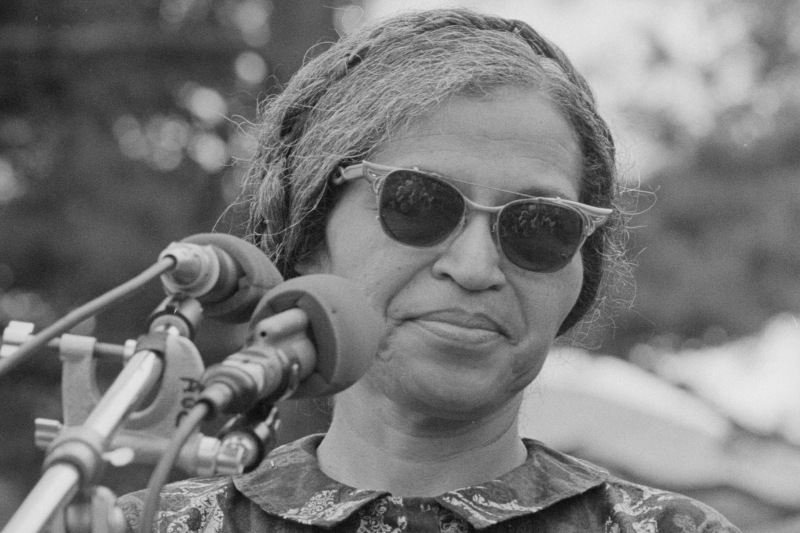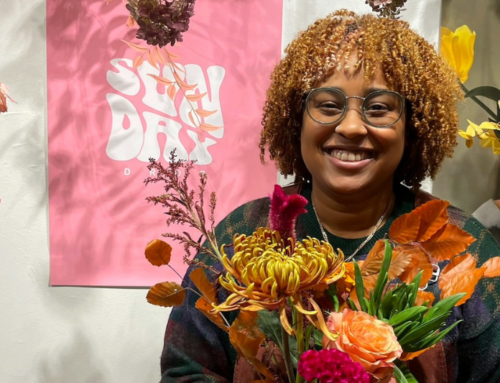It’s 2020…100 years since suffrage movement activists won the right to vote for many women across the country. As we look back to notable moments like this in history, we celebrate women leaders and acknowledge that the path to gender equality has not been inclusive and we are still on it. For that reason, the Change Matrix team is sharing a series of personal essays about women. They might be women we know who were models or mentors and influenced us as professionals. They might be women whose work we have loved and integrated into our own. They might be about our identification as women through a cultural lens.
Alina
For nearly a decade, I was the only student of color in my grade. Outside of half of my small family, I grew up largely void of major cultural groups, and no people akin to my specific mix of identities. From a young age, I had to face and process racism largely internally.
Growing up in St. Louis, a city with a long history and enduring existence of racial tensions, I was lucky enough to attend a progressive school that emphasized learning through experience. “Brown eye-blue eye day” as my school called it, modeled after teacher and anti-racism activist Jane Elliot’s Brown Eyes and Blue Eyes experiment, was one of the most impactful days I’ve ever spent in a structured school setting.
Our school also championed brave-hearted sheroes in our classrooms, many of whom have been under-celebrated in most U.S. history books. Among them, Sacagawea, Harriet Tubman, Ida B. Wells, Grace Lee Boggs, Maya Angelou, Rachel Carson, and Rosa Parks, by whom I found myself particularly influenced.
In 1955, Rosa Parks refused to move from her designated seat at the back of a Montgomery bus for a white man who was unable to find a seat in his section. Her refusal lead to her arrest and ignited the Bus Boycotts which lasted over a year and more broadly, began much of what was considered (until very recently) the modern-day civil rights movement.
This inaction was anything but simple. According to the segregation laws, she was where she was allowed to be. She was following the rules that society had imposed on her and everyone else. But, in this instance, the mere presence of a white man and the power entitled in his skin, pushed him above those same rules, and she was arrested for it. The severity of the consequences was unknown, but the risk, in her eyes, was necessary. She was tired, tired of giving in and abiding by the system that constantly sought to lessen her place in the world and value as an equal human being.
We are seeing the same thing happening today. Black, indigenous, and people of color are tired of following the social contract, only to have it be continually broken by those who hold power in this country (see more on this from Trevor Noah). Many people are again complaining about the way in which protest is occurring, in an attempt to distract and detract from the more difficult — why the protest is happening (listen to author Kimberly Jones put the why into perspective).
I learned much of my attitudes, beliefs, and developed my activism spirit from Rosa Parks and the other civil rights leaders of her time. I was grateful for her guidance as a cultural leader when I lacked people who I identified closely with (racially/ethnically) to show me how to take a position when I knew something wasn’t right. She gifted me the culture of activism.
I cried in 2005 when she passed away. We continue to mourn today, for her and so many others. We collectively mourn for the life we lost before this pandemic, and I want for us never to go back to the life we knew.
We are tired. We will not stand for the continued injustices of segregation and gross racial power imbalances. We have much work to do and we are building off of the work that Rosa Parks and many others laid out for us to ascend from. We shall overcome.
[Picture above: Photograph of Rosa Parks at the Poor People’s March retrieved from the Library of Congress https://www.loc.gov/item/2017650273]



